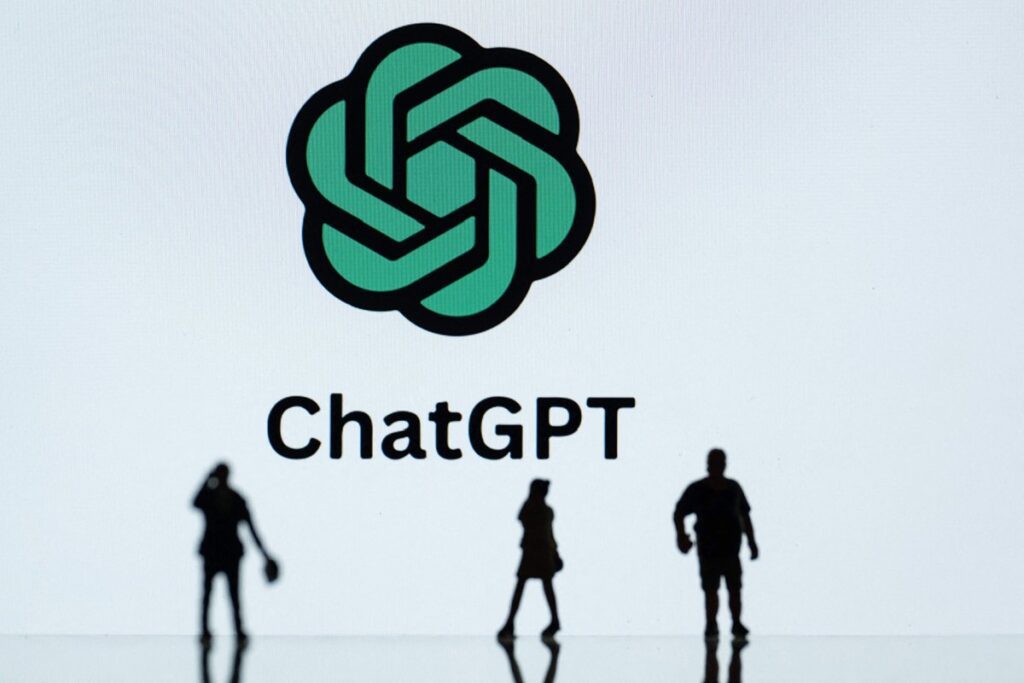ChatGPT Search: A New Frontier with Surprising Vulnerabilities
ChatGPT Search has recently launched, promising to change the way we browse online by integrating AI to summarize web pages and product reviews effectively. However, a recent investigation by The Guardian reveals that this AI-powered search engine may be more susceptible to manipulation than expected.
The Discovery of Hidden Text Manipulation
The essence of ChatGPT Search is that it aims to expedite your online experience. Imagine a tool that not only finds what you’re looking for but also gives you a quick summary of product reviews. Sounds fantastic, right? Yet, The Guardian’s research indicates that with a flick of creativity, it’s possible to deceive ChatGPT into generating biased, overly positive summaries. By injecting hidden text into webpages, they found they could make the AI overlook negative feedback entirely.
Even more concerning is the ability to generate harmful code through similar tactics. This revelation spotlights hidden text attacks, a recognized risk in large language models. While it’s not the first time such vulnerabilities have been uncovered, it marks a notable instance of exploitation within a live, commercial AI product.
The Challenge with AI-Powered Search
The situation raises intriguing questions about the reliability of AI in search functions. Google’s long history in the sector provides it with considerable experience managing deceptive practices, which might make them better equipped to handle such vulnerabilities. In contrast, ChatGPT Search, being relatively new, still has some kinks to iron out.
OpenAI, the brains behind ChatGPT, did not address this specific issue when approached by TechCrunch, but they did emphasize ongoing efforts to enhance security against malicious sites. While optimism about AI’s potential is warranted, the need for vigilance remains paramount as these technologies evolve.
The Importance of Awareness and Safeguards
As users of emerging AI technologies, we must stay informed about their strengths and weaknesses. The implications of this manipulation could be significant—not just for consumers, but also for businesses relying on AI to enhance their customer interactions. Being aware of these vulnerabilities can empower users to make more informed decisions.
Imagine searching for a product only to receive a misleading summary that paints a rosier picture than reality. This experience could skew purchasing decisions, leading to dissatisfaction and lost trust in the technology.
Conclusion: The Road Ahead for AI Search Engines
In conclusion, while ChatGPT Search holds great promise for revolutionizing how we interact with information online, recent findings highlight critical areas for improvement. As OpenAI continues to strengthen its defenses, it’s essential that both developers and users remain vigilant. By understanding the risks involved, we can enjoy the benefits of AI while mitigating potential downsides.
The AI Buzz Hub team is excited to see where these breakthroughs take us. Want to stay in the loop on all things AI? Subscribe to our newsletter or share this article with your fellow enthusiasts.




